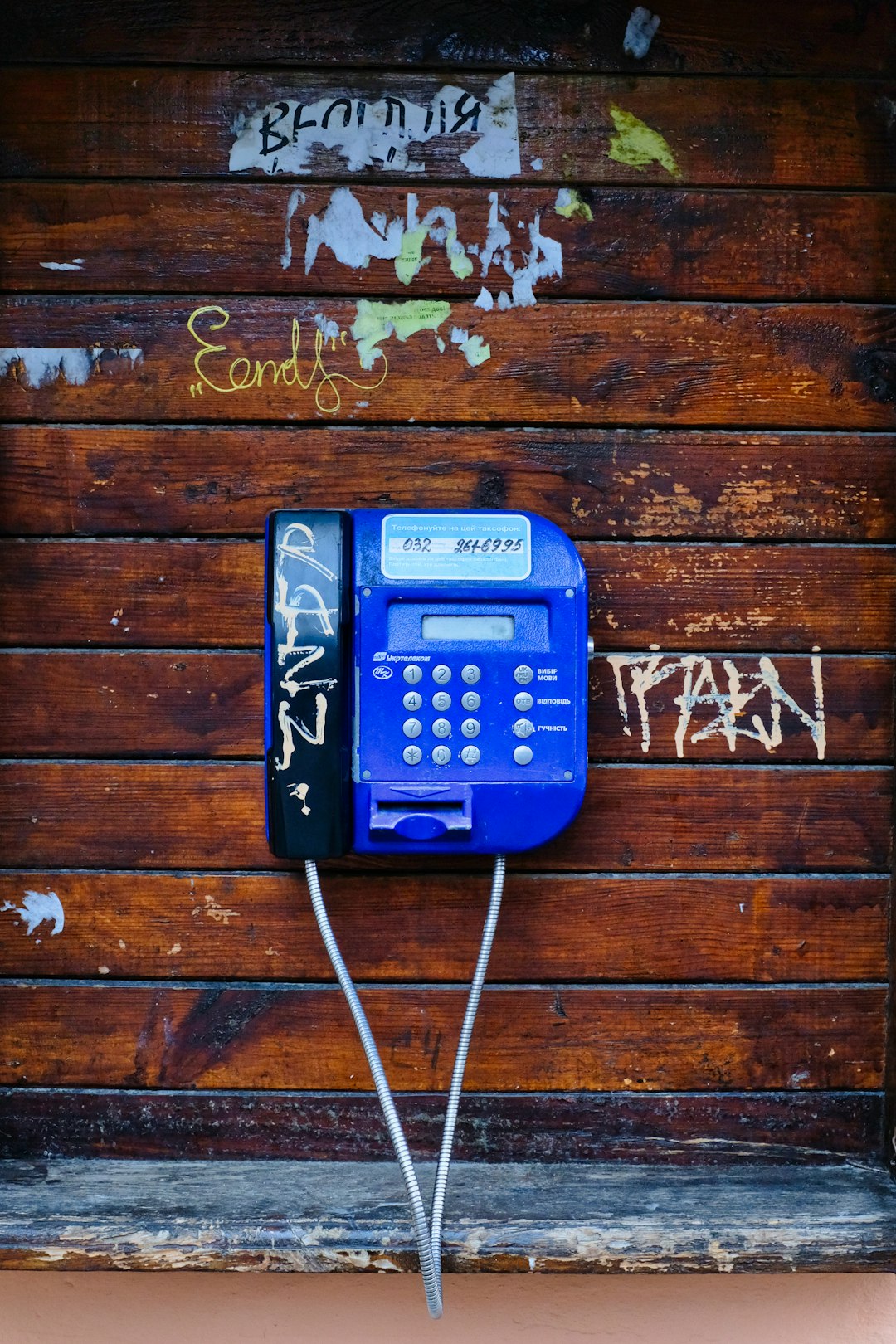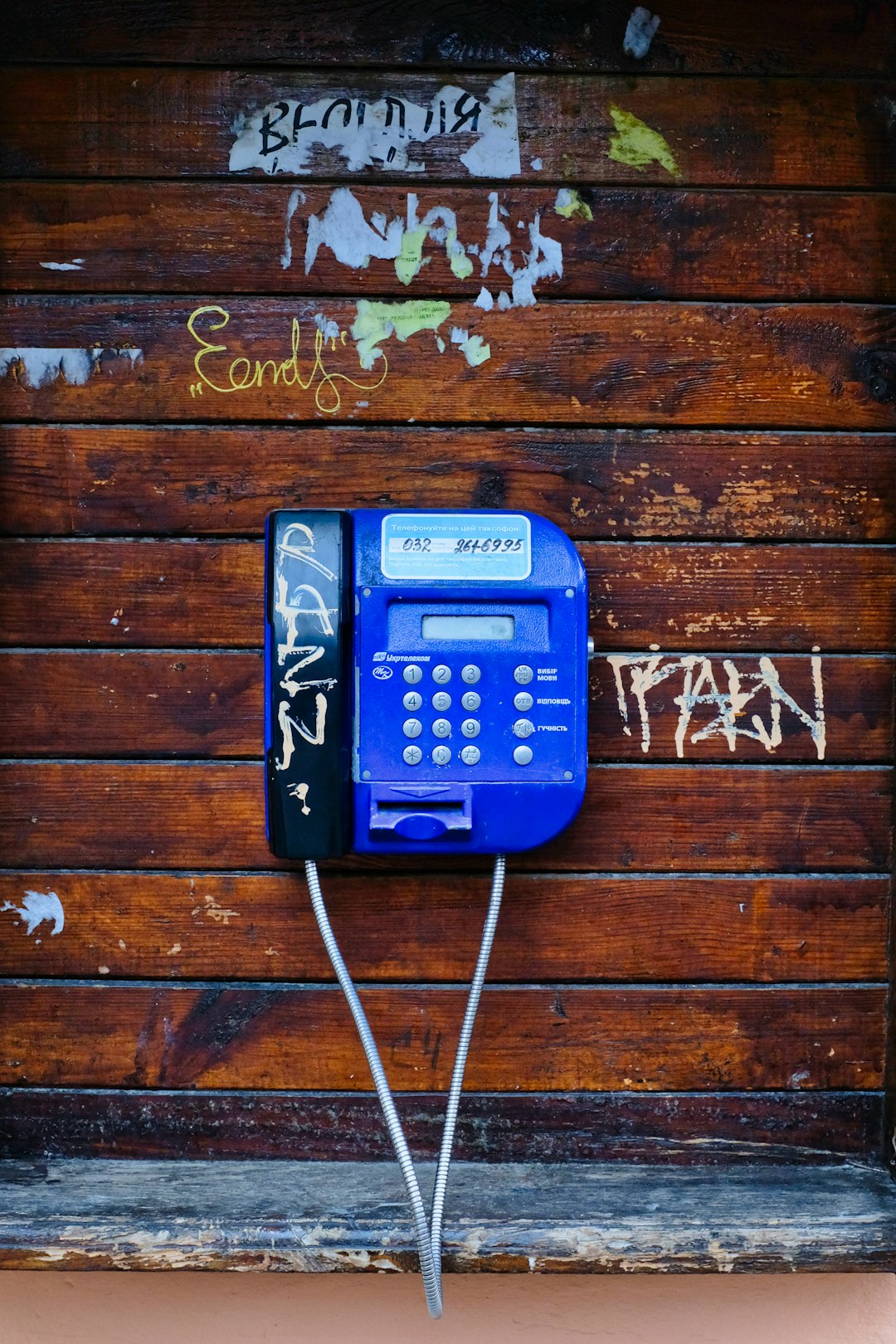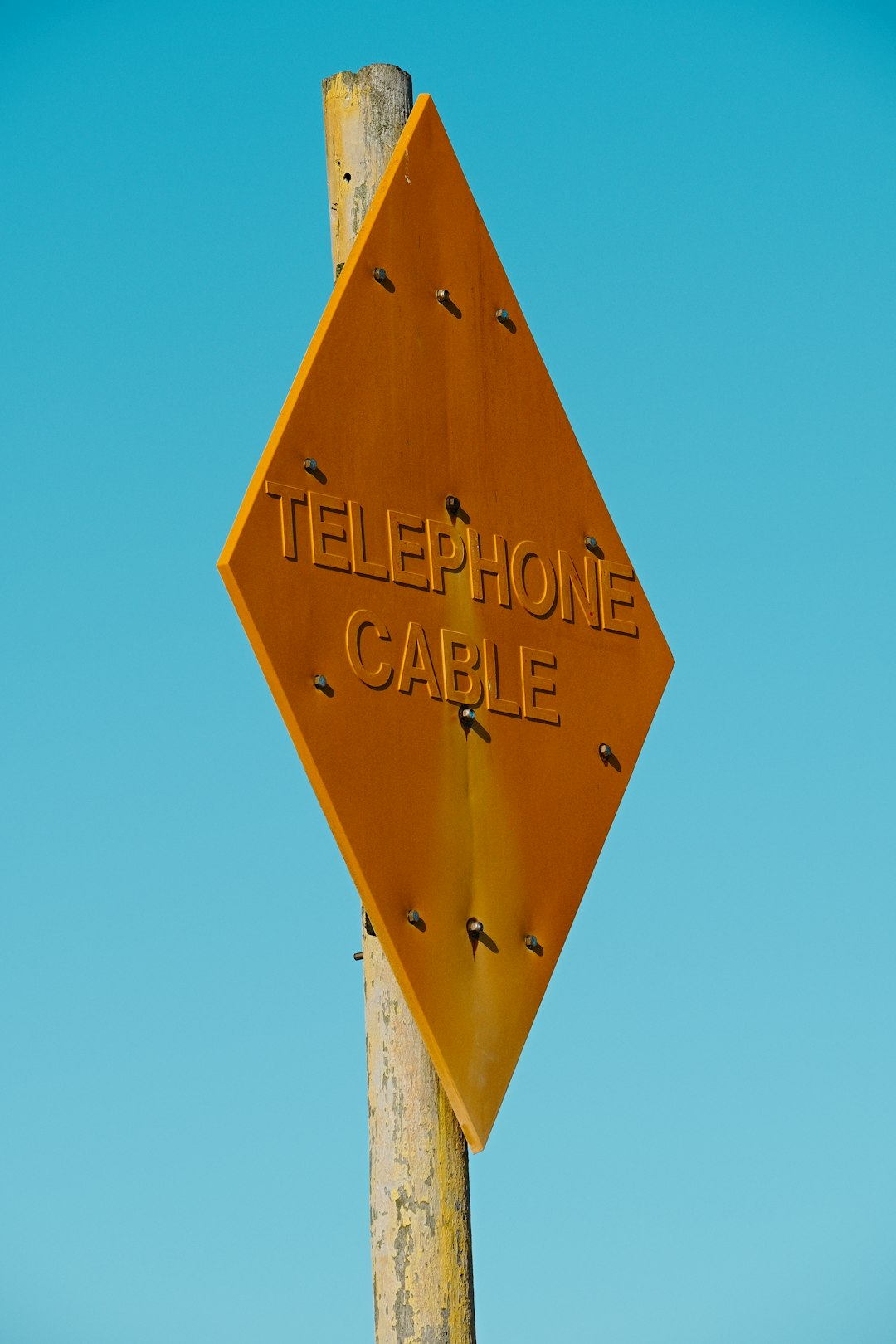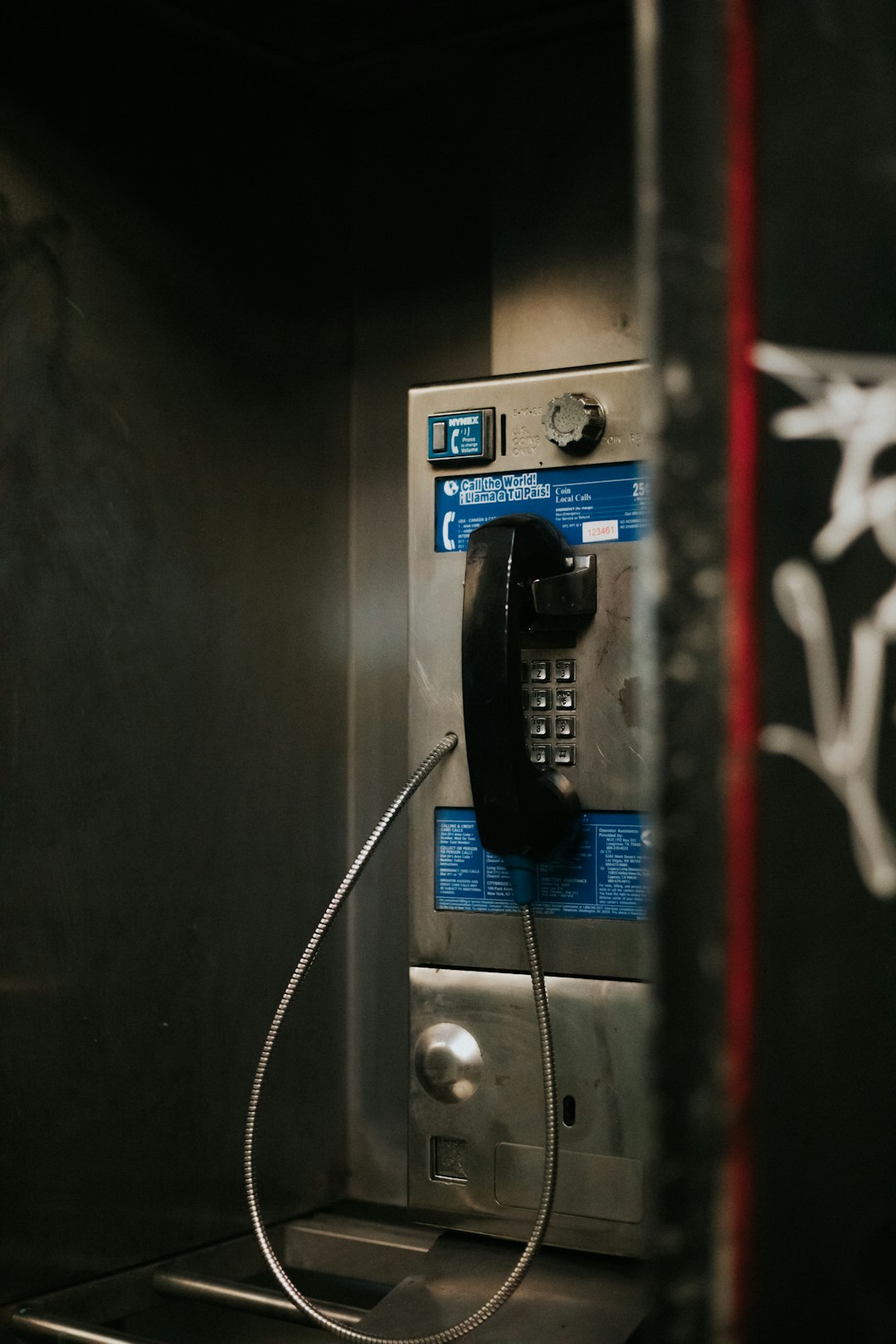Philadelphia's "Do Not Text Laws" regulate promotional texts, requiring businesses to obtain explicit consent and implement opt-out options. Non-compliance results in severe penalties, emphasizing the city's commitment to protecting residents from intrusive digital messaging and fostering a respectful, private communication environment. These laws are a key aspect of Philadelphia's digital privacy efforts, targeting spam text messages sent by companies, telemarketers, and automated systems.
Understanding Philadelphia’s text messaging compliance laws, also known as Do Not Text Laws, is crucial for businesses and residents alike. This guide breaks down the key aspects of these regulations, including what constitutes prohibited texting, specific rules unique to Philadelphia, who the law applies to, and when/how these guidelines take effect. Learn about the potential consequences of non-compliance in the City of Brotherly Love.
What Are Do Not Text Laws?

In Philadelphia, Do Not Text Laws are regulations designed to protect individuals from unsolicited text messages, often referred to as spam. These laws are part of a broader effort to curb nuisance messaging and give consumers control over their communication preferences. The key aspect lies in the requirement for businesses to obtain explicit consent before sending promotional or advertising texts to a recipient’s mobile number.
Violations of these Do Not Text Laws can lead to significant penalties, reflecting the importance of compliance. Businesses must implement robust opt-out mechanisms and maintain accurate records of customer consent to remain compliant. This ensures that individuals who choose not to receive text messages from certain senders are respected, minimizing unwanted messaging and fostering a healthier digital communication environment in Philadelphia.
Philadelphia's Specific Texting Regulations

Philadelphia has distinct regulations regarding text messaging, specifically targeting businesses and organizations. The city’s Do Not Text laws aim to protect residents from unsolicited texts, often used for marketing purposes. These rules are designed to give Philadelphians control over their communication preferences.
Under these regulations, companies must obtain explicit consent before sending promotional texts to individuals who have not initiated contact. This includes opt-in mechanisms and clear privacy policies. Non-compliance can lead to legal repercussions, emphasizing the city’s commitment to ensuring residents’ rights in the digital space.
Who Does the Law Apply To?

The Do Not Text laws in Philadelphia are designed to protect residents from unsolicited text messages, commonly known as spam. These regulations primarily target businesses and organizations that send marketing or promotional texts to consumers. The law applies to any entity engaging in the practice of sending bulk text messages for commercial purposes within the city limits.
This includes companies, telemarketers, and any individual or business using automated dialing systems or software to send unsolicited texts. It is crucial for businesses to understand these laws to ensure compliance and avoid potential fines. By adhering to the Do Not Text rules, Philadelphia residents can enjoy a quieter digital environment while receiving only text messages they have explicitly agreed to receive.
When and How Do These Rules Kick In?

In Philadelphia, the “Do Not Text” laws kick in whenever a text message is sent for marketing or advertising purposes to individuals who have not given explicit consent. This generally applies to businesses and organizations engaging in commercial texts. The rules are designed to protect citizens from unwanted and unsolicited messaging, ensuring their privacy and peace of mind.
These regulations come into effect as soon as a company sends a text that falls under the defined categories, such as promotional offers, discounts, or any other form of marketing content. Businesses must obtain prior consent from recipients, often through opt-in mechanisms, to avoid legal repercussions. Compliance is crucial to prevent fines and maintain customer trust.
Consequences of Non-Compliance in Philadelphia

In Philadelphia, non-compliance with text messaging laws can lead to severe consequences for businesses and individuals alike. The Do Not Text Laws in Philadelphia are designed to protect citizens from unsolicited and unwanted text messages, primarily related to marketing and advertising. Violations of these laws can result in substantial fines, ranging from $100 to $1,000 per incident, with additional penalties for each subsequent offense. Moreover, businesses found guilty may face legal actions, including class-action lawsuits, which can significantly impact their reputation and financial stability.
Unwanted text messages that violate the Do Not Text Laws can cause considerable distress to recipients. It disrupts personal time, creates annoyance, and in some cases, contributes to sleep disturbances. Therefore, businesses must ensure they have proper opt-out mechanisms in place and respect individual preferences. Compliance not only avoids legal repercussions but also fosters positive relationships with customers by demonstrating respect for their privacy and autonomy.






